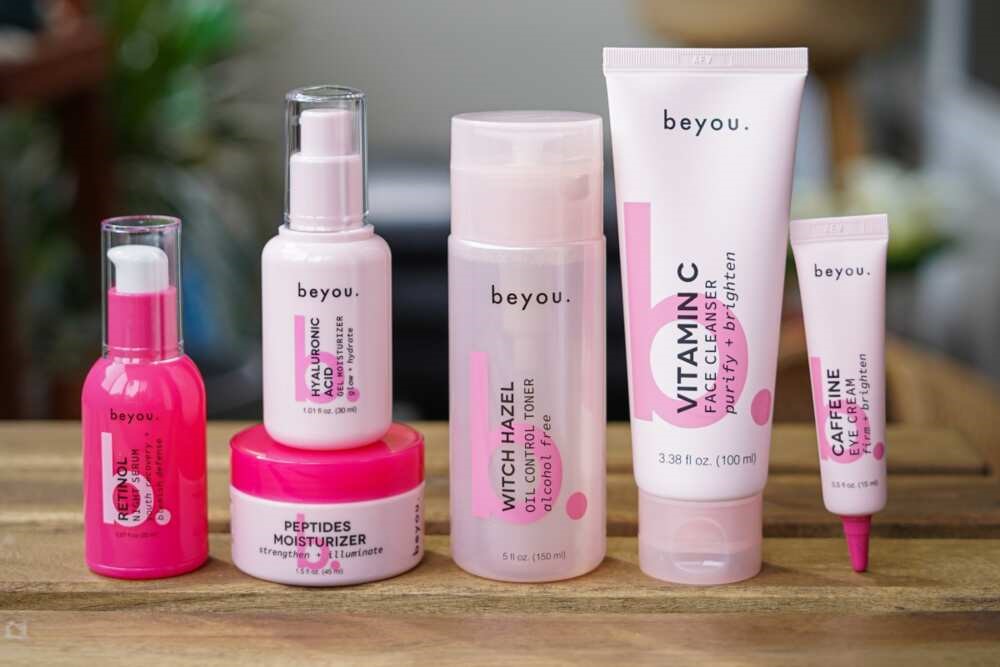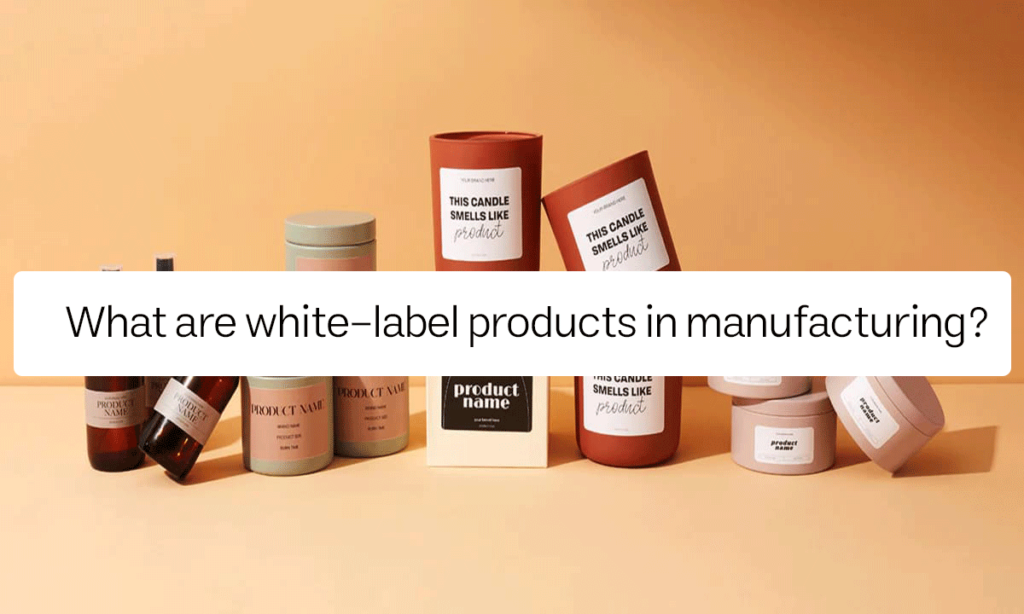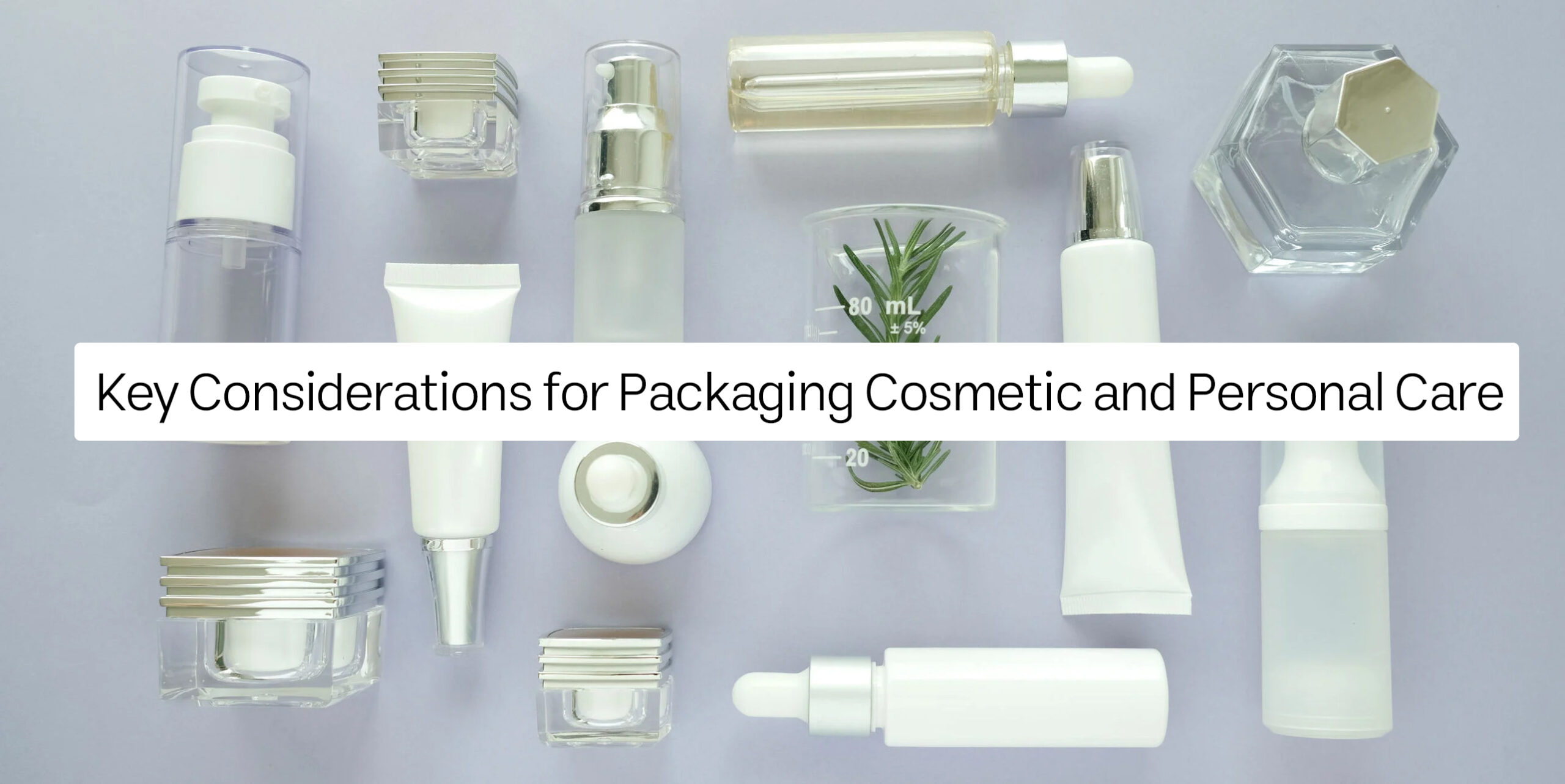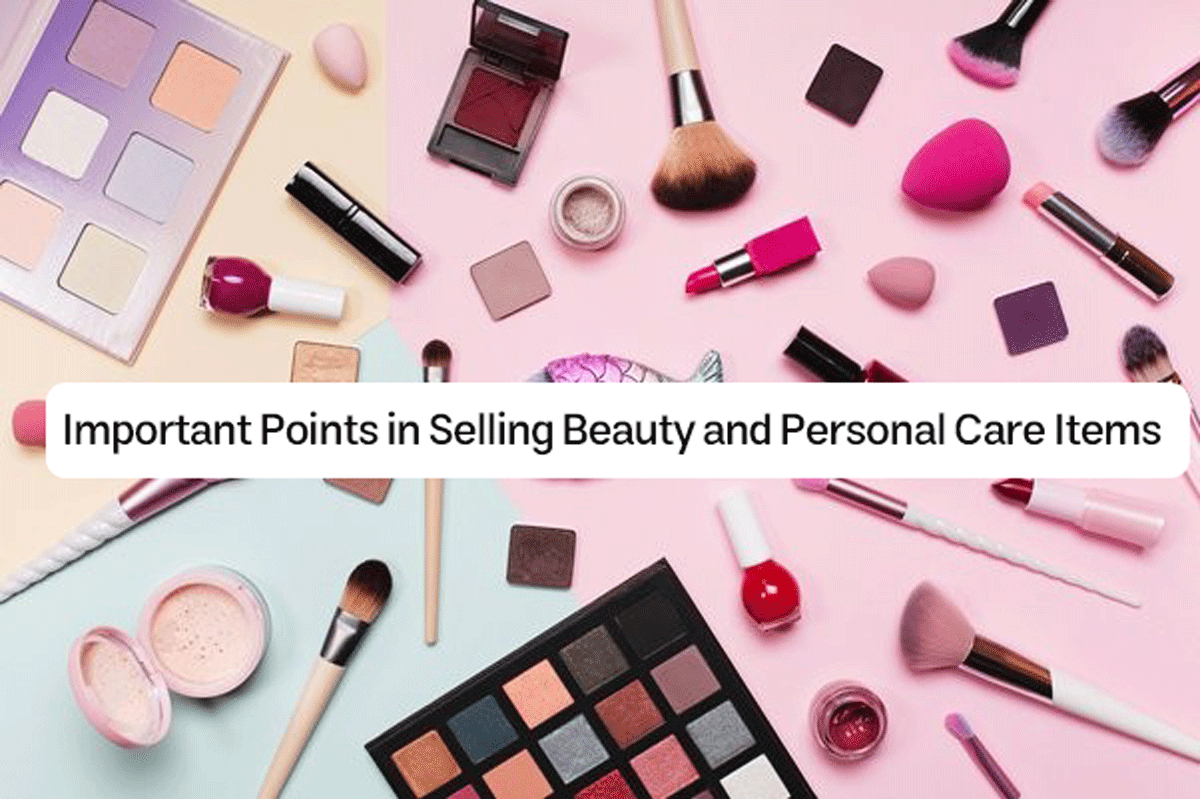In the manufacturing industry, goods produced by one business but promoted and sold under the name of another are referred to as “white-label” goods. The product is made by the manufacturer, and it is branded and labeled by the selling firm. As a result, the selling business may provide goods without having to make investments in the entire production process. Follow us for more information about white-label products in manufacturing.
Introduction to White-Label Products
White-label goods are produced differently from the one that promotes or even sells them. The benefit is that many businesses may handle different aspects of the product development and sales process. Depending on their area of competence and inclination, three firms can concentrate on different aspects of the product: producing, marketing, and selling. The main advantages of white-label branding for businesses and Industry Leaders and Innovators are the time, energy, and financial savings on manufacturing and marketing expenses. Another significant benefit of private label brands is that the firm may have lower average transportation costs and distributional economies of scale if a supermarket has an exclusive agreement with a manufacturer. The shop was able to offer the product for less and yet have a larger profit margin due to decreased delivery expenses. The rise in popularity of private label goods indicates that customers are becoming less devoted to their preferred established brands and more price-conscious. The market shares of national brands, or manufacturers, are being negatively impacted by the rise of private label brands in several nations.

Definition of White-Label Products
According to Major Manufacturers and Suppliers, using a company’s product or service and adding another company’s logo to it is known as white labeling. The purpose of white labeling is to give the acquiring firm the ability to brand a good or service that wasn’t made by them in their image. It lets businesses launch branded solutions quickly without having to commit to drawn-out development or manufacturing procedures. Despite their frequent synonymization, it is important to note that white labeling and private labeling are two different concepts. Typically, white-label businesses produce generic goods or offer non-branded services that are then marketed by other businesses.
Historical Background of White-Label Manufacturing
DJs in the 20th century would either rip off the labels from vinyl albums or cover them with a white label to hide whose song they were playing. This practice gave rise to the name “white label.” Nonetheless, the 1990s saw the emergence of the modern white labeling industry as supermarket chains began producing their white-labeled product lines. White-labeled supermarket goods benefit both the consumer and the retailer; the former keeps the majority of the profit, while the latter allows a client to purchase the same goods without having to pay more for the brand.
Importance and Relevance in Today’s Market
Businesses have several reasons to turn their attention to providing individualized and pertinent information, thanks to relevance marketing. Let’s examine eight strong arguments for why Industry Leaders and Innovators should give relevance top priority in their marketing campaigns.
- A rise in client interaction
- Better recognition of the brand
- Higher conversion rates
- Increased client loyalty
- Higher return on investment
- competitive edge
- Insights derived from data
- Satisfied clientele
Read more: Top Private Label Skin Care Manufacturers: A Comprehensive Guide
Types of White-Label Products
Because white labeling is effective, it is widely used in many sectors. It’s well-liked in industries with complicated production processes as well as in markets where consumers make decisions based on branding and marketing. Several notable companies that employ labeled goods include:
- Food and drink: supermarkets and grocery stores sell their brands of goods. white-label products in manufacturing enable retailers such as Walmart and Costco to provide a variety of reasonably priced, high-quality products under their store names.
- Skincare: A lot of cosmetic companies purchase goods from specialist producers, repackage them, and sell them under other labels. White-label items are used by both new and existing businesses to swiftly enter a market.
- Fashion and apparel: Without in-house design or manufacture, retailers can provide a range of garments and accessories. Using this strategy, Industry Leaders and Innovators like Zara and H&M can increase their product range and adjust to changing fashion trends. Household and personal hygiene products, cleaning supplies, and other items are frequently labeled with many names. Thanks to white labeling, customers may purchase a large variety of items from Amazon and Target for less money than they would pay for major brands.
The White-Label Manufacturing Process
The product is developed by the manufacturer, who also possesses the means of manufacturing. The Major Manufacturers and Suppliers collaborate to private-label the goods. The manufacturer manages all facets of inventories, shipping, and production. The selling firm prioritizes customer-facing activities, branding, and marketing. The technique has been optimized to enable quicker time-to-market and scalability. The white-label concept streamlines production, allowing the selling business to focus on product commercialization.

Initial Concept and Design
When creating a white-label product, the manufacturer is responsible for engineering, prototyping, and producing the product specifications. The selling business customizes the branding and packaging and offers suggestions on desired features, quality, and price. The seller’s brand control and the manufacturer’s manufacturing competence are made possible by this cooperative approach.
Selection of Manufacturer
The quality of the product is the most crucial factor to consider when looking for a white-label product in manufacturing. You may investigate this by visiting other ecommerce websites or forums that are relevant to your topic. Instead, make use of the manufacturer and supplier lists or directories.
Customization Options
Packaging and branding can be altered to reflect the selling company’s identity. Functionality and feature sets can be adjusted to match the products offered by the selling firm. White-label Major Manufacturers and Suppliers give flexibility to adapt the product, branding, and commercial features to the selling company’s needs. Pricing and distribution methods can be built to meet the selling company’s strategy.
Production and Quality Control
When it comes to cosmetics, quality control refers to the methodical methods and procedures that Industry Leaders and Innovators employ to make sure their goods are safe for consumer use and satisfy specified quality standards. Every step of the production process, from locating raw materials to shipping the finished product, entails a variety of inspections and procedures. Cosmetics have always been the subject of quality control procedures in the past. To ensure both safety and quality, the nobles in ancient civilizations entrusted the creation of their cosmetics to skilled workers. In contemporary times, strict guidelines and increased consumer consciousness have set high expectations for cosmetics sector producers. Quality control has developed from a simple sensory inspection to a sophisticated system based on science that covers all aspects of manufacturing.
Packaging and Branding
Packaging can be tailored to match the selling firm’s design and branding; the selling company, not the white-label manufacturer, is in charge of branding. Building consumer familiarity and loyalty requires consistent branding. One of the main benefits of the white-label strategy is the opportunity to personalize packaging and maintain branding control.
Benefits of White-Label Products
According to white-label products in manufacturing, Simple to get going, if you’re looking to launch a business quickly and on a shoestring budget, white labeling is ideal. Finding a manufacturer who will produce the goods you need is all that is required; you may either order in bulk or, if that is not feasible, just when there is a demand. You may escape the headache of having to create your production center from the beginning and own a manufacturing center by opting for white labeling. A few up-front expenses, You may pay for already-finished goods because you don’t need to invest in raw materials and production equipment. It drastically lowers the startup and operating costs of a firm. A white-label business is ideal for generating extra revenue, such as by starting a merchandise line. It might be a side gig. Whether you own a retail store or produce content, making amusing goods using your brand, tagline, or slogan can increase sales. White labeling works best for it, too.

Read more: Crafting Your Own Cosmetic Line: A Guide to Private Labeling
Cost Savings
white-label products in manufacturing are not special; the producer offers the same thing to several customers. Branding and marketing are the only things that change. Due to competition from other companies that use the same manufacturer, this results in intense rivalry. A drawback is that you have no control over the production process, making it difficult to alter the product itself.
Time Efficiency
quicker time to market while production is managed by the Major Manufacturers and Suppliers, streamlined processes with the manufacturer managing inventory, transportation, and production, and the capacity to quickly introduce new product lines without building new infrastructure Facilitates prompt product launch and market adaptability for the selling organization, one significant benefit of white-labeling is its temporal efficiency.
Focus on Core Competencies
One of private libeling’s main benefits is that it frees up businesses to concentrate on their core skills, such as marketing, distribution, and customer support, by delegating product development and manufacture to professionals in the industry.
Flexibility and Scalability
white-label products in manufacturing Many versatile alternatives are available from UCaaS providers, allowing you greater discretion in how you structure your products. Make decisions that are in line with your company objectives and consumer expectations when it comes to the features you want to add, the price structure, or the deployment strategy. This adaptability may be a big benefit in a market because consumers’ requirements are always changing. White-label UCaaS solutions are scalable and dependable when partnered with the appropriate company. This implies that you won’t have to worry about service interruptions or infrastructure constraints as your firm expands, and you can quickly increase your services. When making a pitch to potential clients, another great feature to emphasize is the flexibility of cloud-based services. Furthermore, these solutions’ dependability guarantees that your clients receive excellent services continuously, which may greatly increase their faith in your business.
Branding and Market Reach
Private labels branding is a Major Manufacturer and Supplier use to have their brand name appear on products a contractor or third-party manufacturer makes. The private label aspect means that even though one company manufactured the product, another company can use its brand name on the label.
Challenges and Risks
According to white-label products in manufacturing, while competing with private labels still carries some risk, innovation can present national tissue brands with new prospects. R&D and marketing initiatives, for instance, may be costly. It’s also possible for new product benefits to fall short of customer expectations, which would reduce the likelihood of stronger brand loyalty. Manufacturers may, however, take a few steps to reduce these hazards. Selecting a tissue machine is the first thing to do. Using the correct technology may make it easier and more affordable to test new product ideas. Working with a provider who can provide access to full-scale pilot machines that precisely match the conditions of your mill would be the best-case scenario. This eliminates the need to stop production to test everything, from novel chemicals and fabrics to cutting-edge manufacturing techniques. You can also count on the assistance of knowledgeable operators who know how to properly push a tissue machine to its boundaries if you choose the correct provider. This will help you realize the full potential of the innovation process.
Quality Control Issues
Keeping white-label products in manufacturing under quality control may be quite difficult for merchants. Having direct control over the production and product development processes means that they must set high standards and conduct frequent quality inspections.
Dependency on Manufacturers
The primary disadvantage of private labeling is its reliance on outside Major Manufacturers and Suppliers. A manufacturer’s troubles, such as manufacturing hold-ups or poor quality, might have a direct effect on the private-label merchant.
Limited Customization
The Major Manufacturers and Suppliers has a lot of control over the basic product. As a result, the brand owner’s capacity to distinguish the product from competitors is limited. Due to their similarity to other brands that source from the same manufacturer, private-label items may face fierce competition due to their restricted customization. To stand out, brands need to rely more on their marketing and customer experience. All things considered, the trade-off between private labels’ personalization constraints and this economic strategy is significant.
Intellectual Property Concerns
Getting a trademark is essential to safeguarding your clothing line’s name, logo, and other distinguishing features. You can secure your exclusive rights and aid in preventing unlawful use by others by registering your trademarks with the appropriate authorities.
Market Trends and Statistics
Estimates for the white-label products in manufacturing at US$22.2 billion in 2022 and US$57.25 billion by 2031, with a compound annual growth rate (CAGR) of 11.1% from 2023 to 2031. Business strategists will find the private label market to be a great source of insightful data for the years 2023–2031. The market displays complete information.

Case Studies and Success Stories
Maintaining high product quality has been critical to the expansion of private-label brands. Major Manufacturers and Suppliers like Target are providing private label products that are reliably consistent in their quality and effectively meet the needs of their customers. Additionally, consumers are confirming that this quality focus is important to them. In other words, delivering on product quality has been a key driver behind the growth and success of private-label offerings. Retailers understand that meeting customer expectations for quality is vital, and consumers are validating this through their feedback and purchases.
Regulatory and Compliance Considerations
Respect stringent legal standards (such as those set out by the FDA and USDA) on product safety and labeling, Keep strict quality control procedures in place during the production process. Although you are the brand owner and not the manufacturer, manage liability risks. white-label products in manufacturing, liability management, quality assurance, and regulatory compliance are crucial considerations.
Marketing and Distribution
Utilize the consumer base and marketing platforms already in place at the retailer. Pay attention to product branding and packaging to stand out on the shelf. Maximize private label sales by utilizing the retailer’s infrastructure and marketing reach to optimize distribution through their current supply chain.
Summary
The Major Manufacturers and Suppliers may swiftly launch the white-label goods onto the market without requiring extensive setup or research and development because the manufacturer already has the product design and production capabilities in place. The selling business may concentrate on marketing, sales, and customer service as the manufacturer manages all aspects of the production process, logistics, and inventory control. The selling firm may increase its product range without having to make new investments in manufacturing facilities since the manufacturer can readily scale production to meet rising demand. All things considered, the white-label manufacturing approach frees the selling firm from the time and financial constraints of in-house manufacturing, allowing it to quickly offer new goods and respond to market trends. The white-label approach’s scalability and time efficiency are two of its main benefits.

Ensuring openness, maintaining monitoring, enforcing strict quality standards, and thoroughly screening the manufacturer are all essential to guaranteeing quality in white-label production.
This outline provides a comprehensive structure to cover the topic of white-label products in manufacturing thoroughly, ensuring each aspect is addressed systematically.
Businesses may make use of the manufacturer’s current size and capabilities by using the white-label approach, which lowers upfront costs and increases flexibility for growth while also improving operational efficiency. When compared to internal manufacturing, this may result in increased profitability.











